Master DevOps
Become a DevOps Expert with Hands-On Training at InoutEdu

Become a DevOps Expert with Hands-On Training at InoutEdu

Learn the best practices for DevOps and master tools and techniques to improve software delivery and infrastructure automation. This Master DevOps course will help you master the skills required to become a proficient DevOps engineer. You will gain hands-on experience with tools like Docker, Kubernetes, Jenkins, Terraform, AWS, and much more.
Learn how to automate the entire software delivery pipeline and infrastructure management.
Gain expertise in using cloud computing services in AWS.
Get hands-on experience with the tools that are industry standards for DevOps teams, including Jenkins, Terraform, and Docker.

Docker

Terraform

Kubernetes

AWS

Jenkins
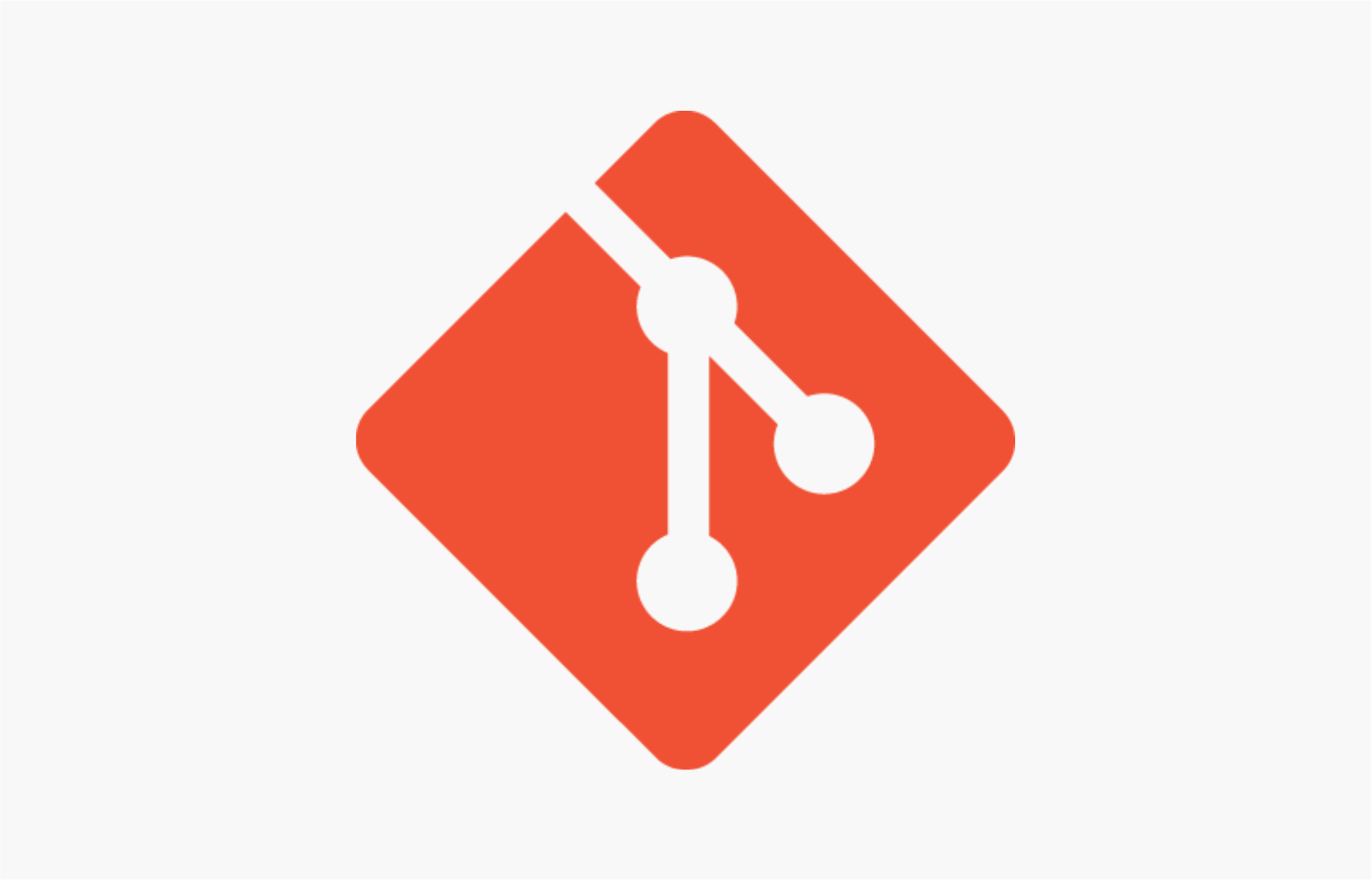
Git

Ansible

GitLab CI/CD
Nginx
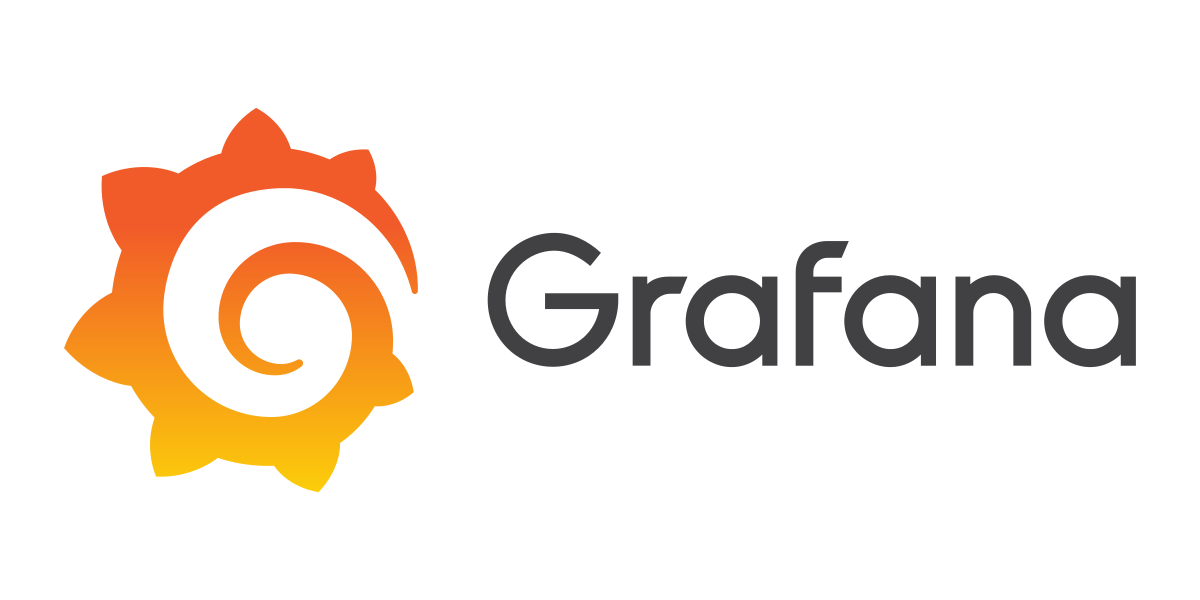
Grafana

Prometheus
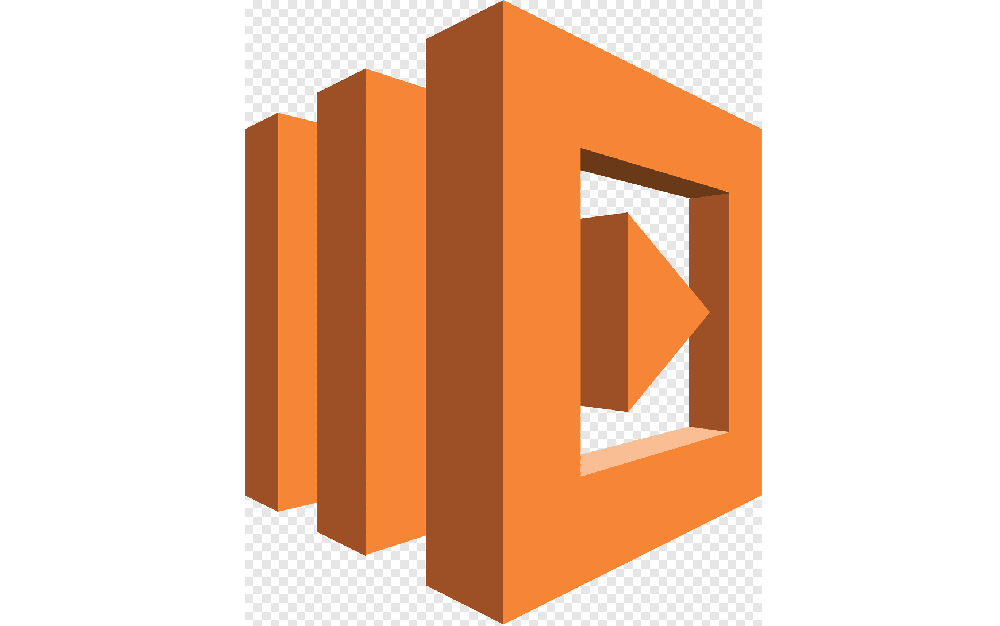
Elasticsearch
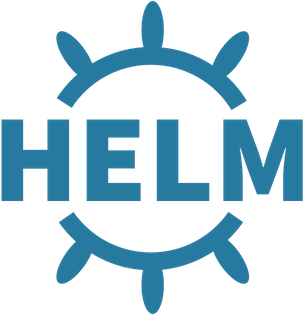
Helm

Puppet

Azure DevOps

Chef

Travis CI

Consul
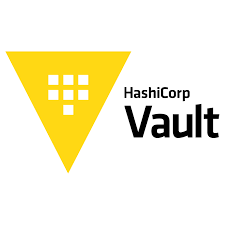
HashiCorp Vault
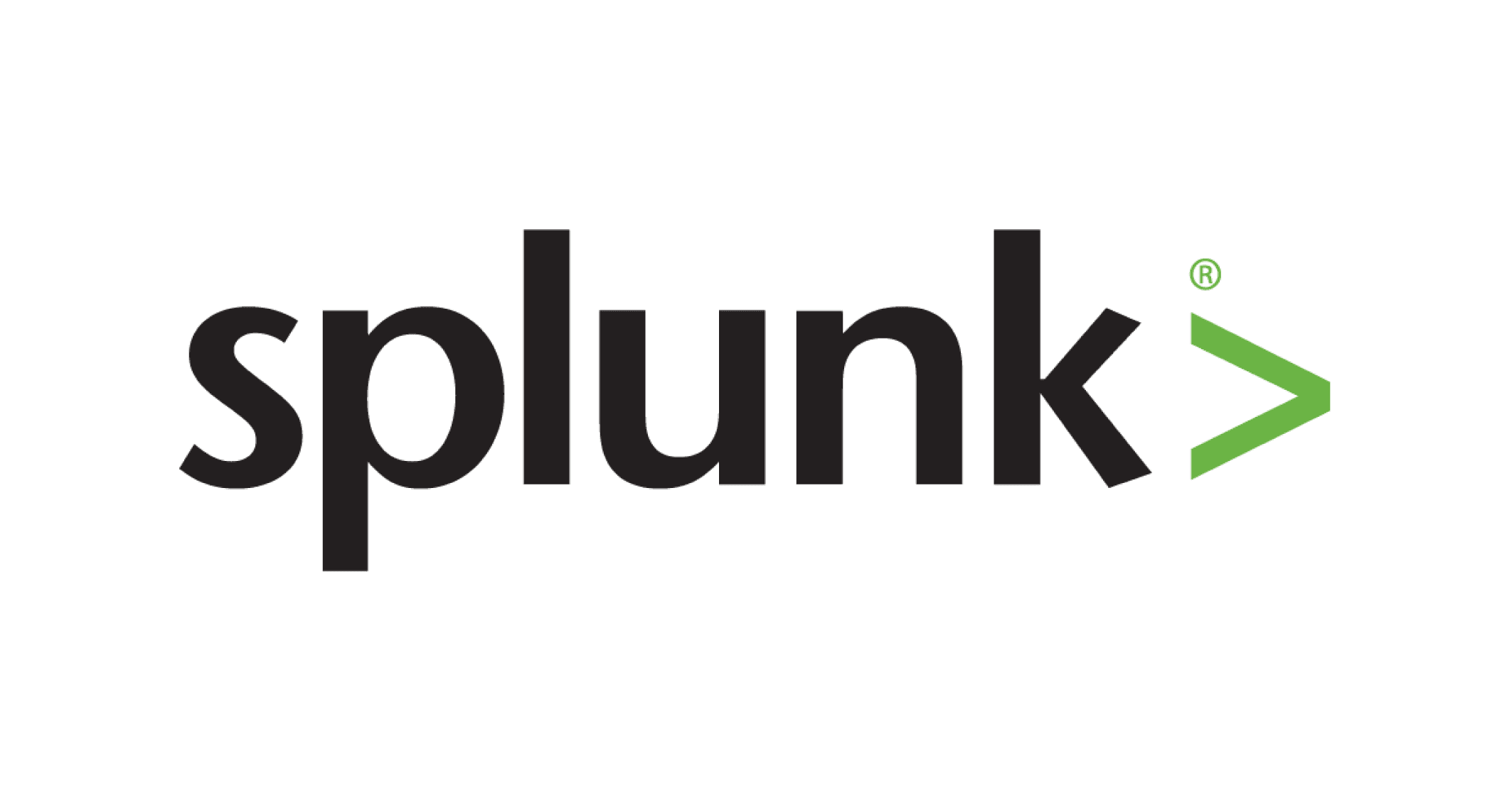
Splunk
Join our Master DevOps course and take your career to the next level with hands-on skills and in-depth knowledge of industry-leading tools and practices.
Join the Course